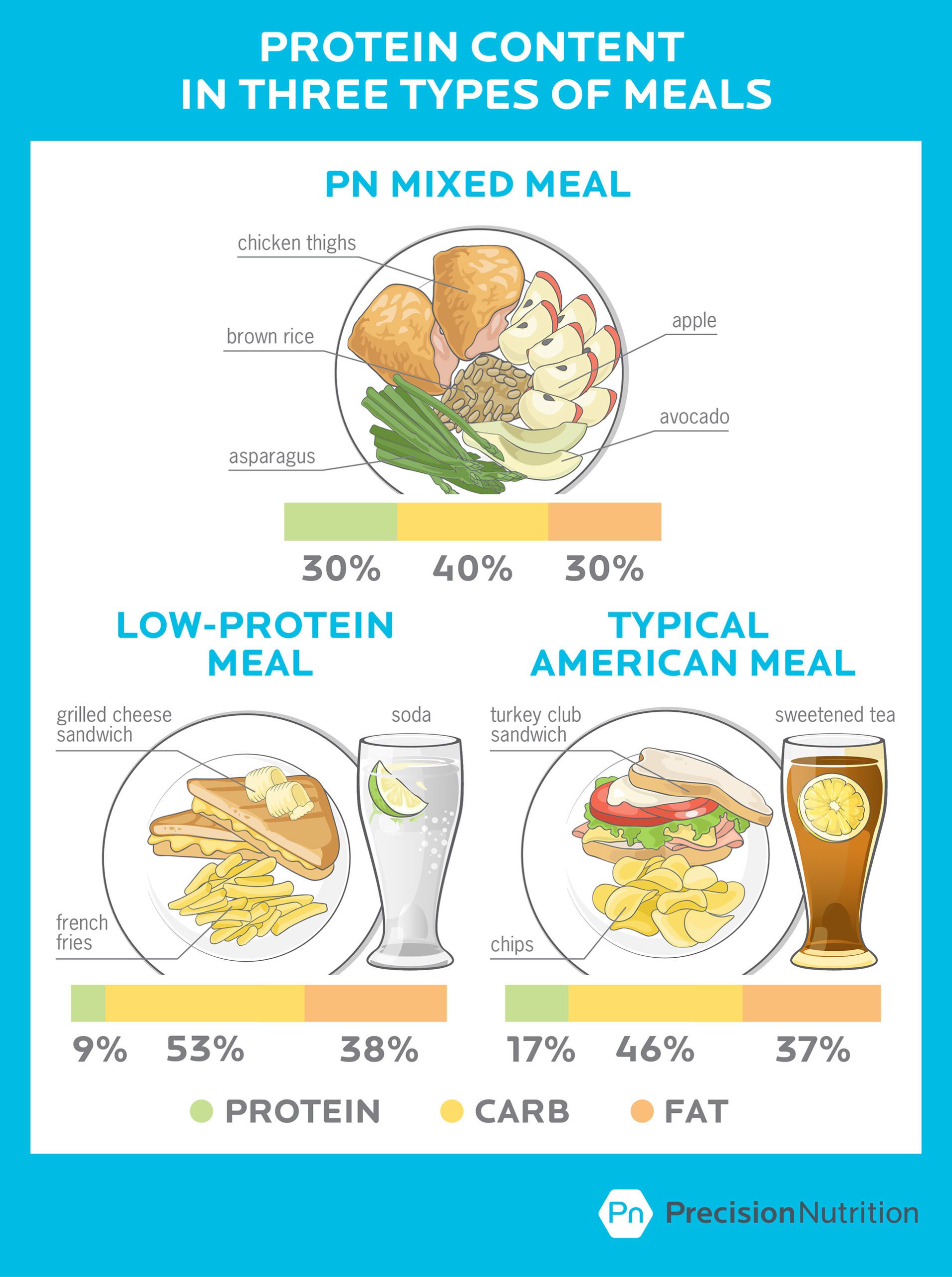Wallenberg
Fire
- Joined
- Jan 9, 2021
- Posts
- 28,935
- Reputation
- 37,620
40% calorie deficit. High protein intake: 2.4 grams per kilogram of bodyweight. Lifting. 4 weeks of diet and lifting and the results were good: a gain of 1.2 kg of lean body mass and losing 4.8 kg of fat. Good result. This is viable if you are NEET or are on holiday. If your work requires energy it might be hard to maintain.
"For 4 weeks, a group of young men in their 20s were basically starved, but on a high-protein diet — about 2.4 g/kg.
So, for instance, a 200 lb (91 kg), relatively active young man whose energy needs would normally be 3000 calories per day might get:
The men trained hard — lifting weights and doing high-intensity intervals 6 days a week.
After 4 weeks, on average:
"For 4 weeks, a group of young men in their 20s were basically starved, but on a high-protein diet — about 2.4 g/kg.
So, for instance, a 200 lb (91 kg), relatively active young man whose energy needs would normally be 3000 calories per day might get:
- 1800 calories per day (40 percent less than normal)
- 218 grams of protein per day (2.4 x 91 kg)
The men trained hard — lifting weights and doing high-intensity intervals 6 days a week.
After 4 weeks, on average:
- The men gained about 1.2 kg (2.6 lb) of lean body mass (LBM).
- They lost about 4.8 kg (10.5 lb) of fat."

‘How much protein should I eat?’ Choose the right amount for fat loss, muscle, and health. The real story on the risks (and rewards) of eating more protein. By Helen Kollias, PhD | RZone Fitness
Will protein help me lose weight? Should I eat it at every meal? Could too much damage my kidneys? At Precision Nutrition, our inbox is filled with questions about the pros and cons of eating more protein. In this article we’ll set the record straight, so you can finally separate the facts from... www.rzonefitness.com
www.rzonefitness.com



